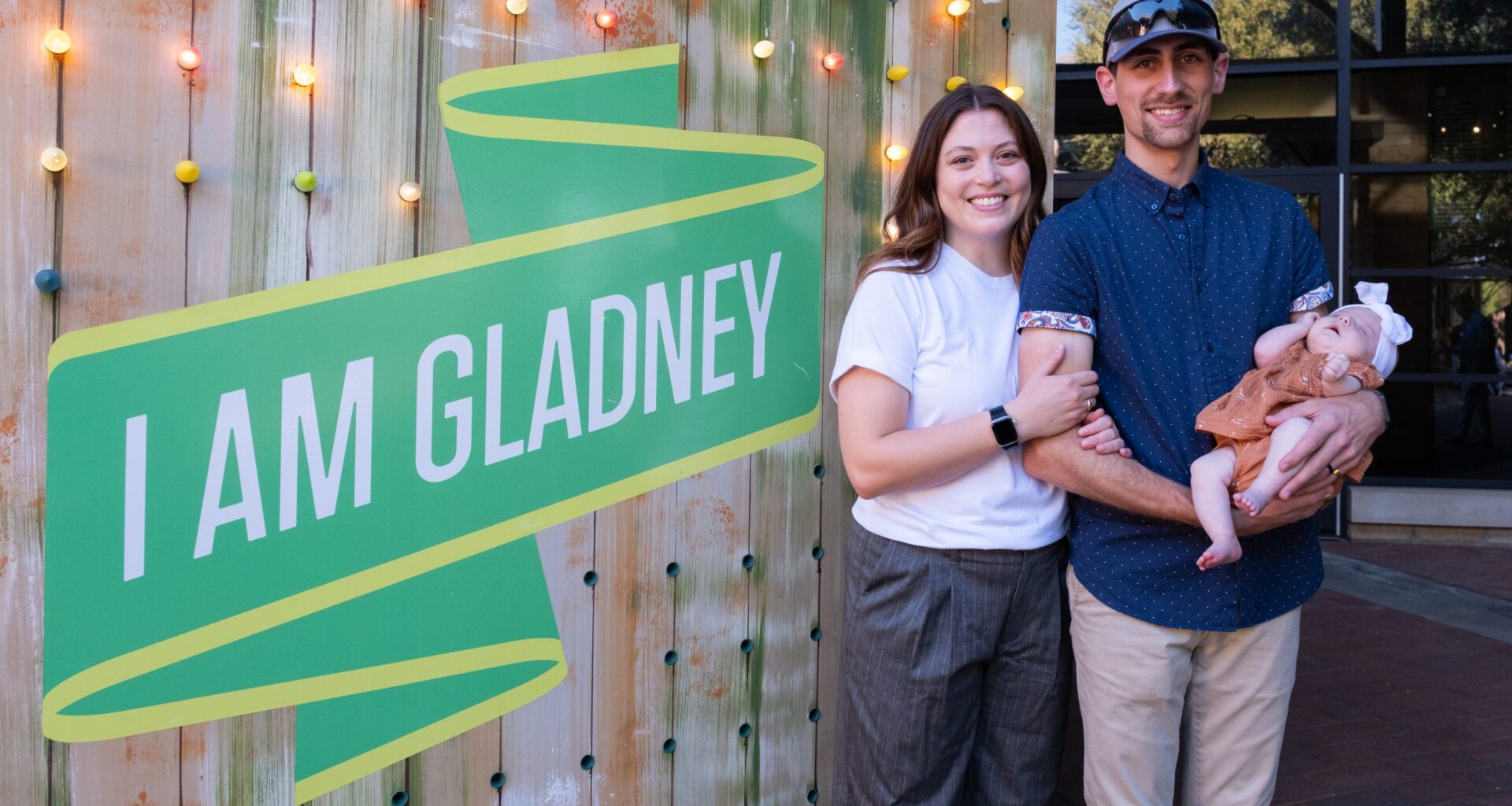This year, Texas public schools must add adoption education to a long-standing parenting program’s curriculum.
For Fort Worth’s Gladney Center for Adoption, the new state law reflects work it’s long done to expand adoption education — including in classrooms.
Its AdoptED lessons teach students about foster care, parenting attachment styles and how adoption offers children a permanent home. The materials are designed and operated by the Gladney Center to educate students about adoption.
Now that a new Texas law requires such lessons in public schools, Gladney Center officials hope area educators use their no-cost program that has a proven track record.
Former middle school teacher Kerry Tobar leads the AdoptED program. She recently worked with Arkansas education officials to help create that state’s adoption education content. All teachers in Arkansas are required to do one hour of adoption education for sixth through 12th graders. Extending the center’s lessons to Texas students makes sense, Tobar said.
“We already have the program and AdoptED adoption materials ready to go,” Tobar said. “We have training sessions set up for educators and health care professionals, so we feel like we can really fill this need, especially since we’re based in Texas.”
AdoptED started a little over a decade ago as part of the organization’s goal of providing more support for those involved in the adoption process. The materials have been used by educators and medical professionals to give them the tools and language to discuss adoption and its modern complexities, Tobar said.
The goal of the education program is to present factual information on adoption, Tobar said. And part of that means giving a voice to different ideas and points of view, she said.
“We want everyone to know that every adoption story is completely different,” she said. “But there should be space for everyone to share their story.” Already, teachers and districts are reaching out, she said.
“I’m sure we’ll receive more questions as the school year progresses,” she said.
Tobar said AdoptED includes interactive lessons, hands-on activities and supplemental learning guides.
Tobar said the center receives a lot of feedback from students and teachers who have used the materials.
“I’ve had a student stop me after class and tell me that he was placed for adoption as an infant, and he never really thought about why his birth mom did that until that day,” she said.
The student told Tobar he hadn’t considered what she may have been going through and now, he appreciates her decision.
As a former educator, Tobar knows that teachers don’t have a lot of time to learn new material for classes, so the Gladney Center has made the materials as easy to use as possible, she said.
“Our virtual class is what teachers like to call a plug-and-play where everything is done for them so they don’t necessarily need to be trained,” she said. “It’s very flexible. Many of these lessons can be done individually by students without teacher involvement. Or the teacher can do the lesson as a whole class and lead it that way.”
The Gladney Center’s history traces back to 1887. In the 1920s, it gained fame for providing adoption services for unwed mothers. “Blossoms in the Dust,” a 1941 Oscar-winning film starring Greer Garson, was a fictionalized story of the organization’s namesake, Edna Gladney.
In 2024, the Gladney Center took one of the biggest steps in the organization’s 138-year history when it joined forces with an East Coast-based agency to increase its geographic presence in the United States, as well as expand its international reach and grow staff and resources.
Bob Francis is business editor for the Fort Worth Report. Contact him at bob.francis@fortworthreport.org.At the Fort Worth Report, news decisions are made independently of our board members and financial supporters. Read more about our editorial independence policy here.
Related
Fort Worth Report is certified by the Journalism Trust Initiative for adhering to standards for ethical journalism.
Republish This Story
Republishing is free for noncommercial entities. Commercial entities are prohibited without a licensing agreement. Contact us for details.

